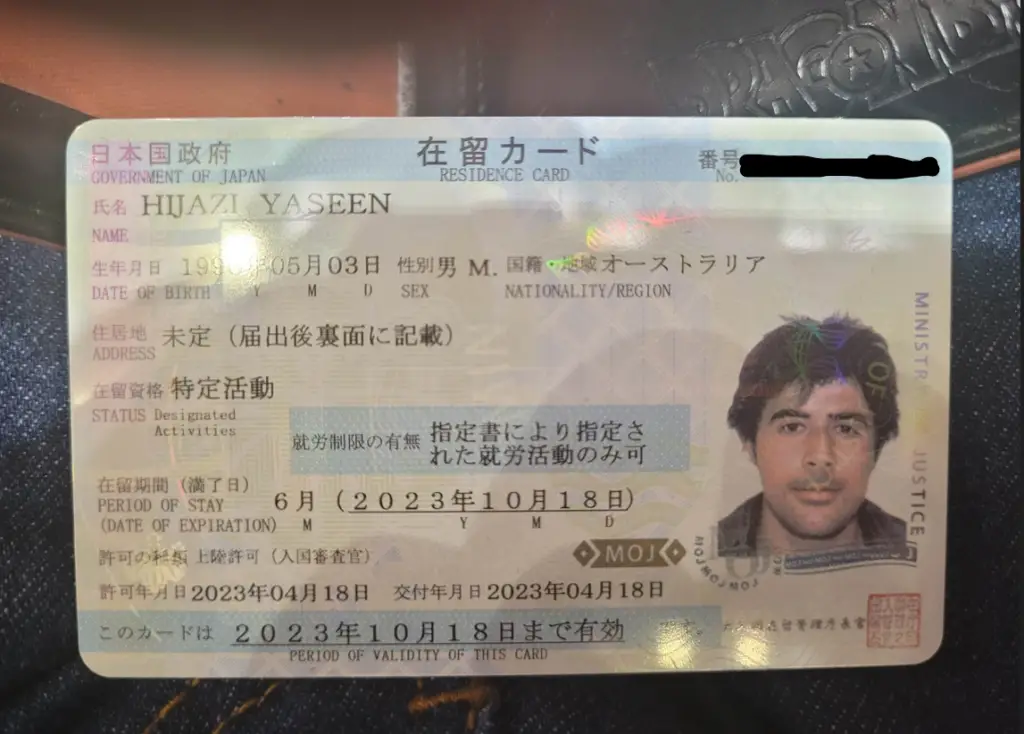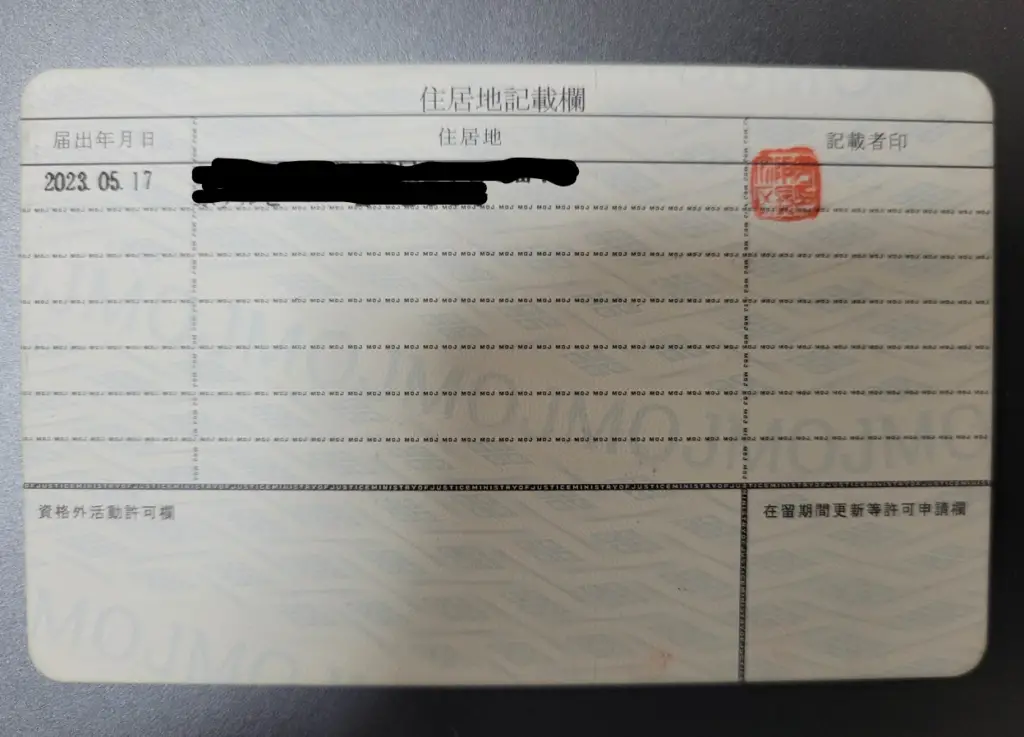Anyone staying in Japan on a long-term visa is legally required to have a residence card in their possession. Here’s what you need to know!
Getting Your Residence Card

Fortunately, once your long-term visa has been approved, you will automatically be issued a residence card at the airport when you arrive in Japan.
As you go through customs at whichever airport in Japan you land in, you will notice two different types of queues; one for short-term visitors and one for long-term visitors.
Simply line up in the long-term visitor queue and hand over your passport. The counter person will check your visa and issue you your residence card on the spot!
Registering Your Address
Once you’ve received your residence card, you will be informed that you must register your address by getting it imprinted on the back of the card at your local ward office.
The Japanese word for a residence card is “zairyuu card,” so be sure to memorize it because it’ll help the staff know what services you’re after.
Fortunately, these ward offices tend to have a couple of English-speaking staff members to help out foreigners, so keep an eye out for them!
You’ll be required to fill out a form which looks daunting at first but you only need to fill out a few highlighted sections (thank God!).

What If I’m Staying At A Hotel?

As someone who primarily stays in hotels, hostels, and Airbnbs, this is my area of expertise!
Depending on your municipality, each ward office seems to have its own approach to handling temporary accommodation dwellers.
From my experience living in different wards, you will either be given a form to be filled out by your accommodation host, or (in a much better scenario), the ward office will contact your hotel, hostel, or Airbnb and request permission to use their address on your residence card.
Voilà! Enjoy Your Extended Stay In Japan!
If all goes well, you’ll have your address printed on the back of your residence card!
This enables you to a range of benefits such as applying for national health insurance, opening a bank account, and accessing other similar services in Japan.
Just be sure to update your address whenever you move to a new city and intend to stay there for more than two weeks.
If all your stays are short, there’s no need to update your address as you are not legally required to (besides, you’ll run out of space on your card!).

Of course, if you are planning to visit Japan, you’ll need a way to get around the country as efficiently and affordably as possible. Japan Rail provides an abundance of travel passes to suit your travel needs. So whether you are traveling individually or as a group, the JR Pass is every traveler’s go-to for getting around and making the most of your time in Japan!

